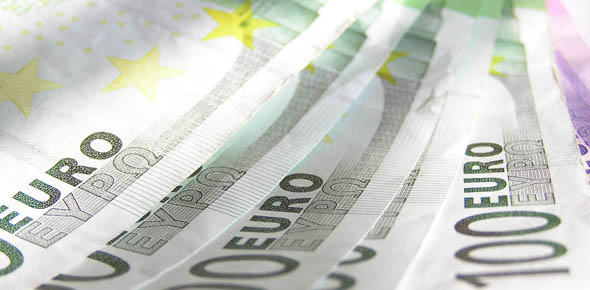Europe’s Debt Crisis Worsens
Spain’s credit ratings plunged even lower and Greece sought reassurance from Germany to keep afloat, leading to a bigger than expected debt crisis in Europe. Germany has come forward to assist Greece, promising to get approval on a key aid package within days.
A collapse in the construction industry in Spain led to Standard & Poors downgrading the country’s rating from AA+ to AA which led to much stir in the stock market that week. A credit analyst at Standard & Poors foresaw a period of lethargy as Spain’s economy moved away from a credit fuelled economic growth.

With a larger economy in comparison to that of Portugal and Greece, Spain’s future holds the key to the debt crisis in Europe. If Spain is indeed in grievous trouble, then bailing it out may prove to be harder than imagined.
Spain’s debt burden stands at approximately 53% of the national income. On top of this the country has not handled its public finances all that well, and has continued to run a high budget deficit.
Greece on the other hand has debts amounting to €8.5 billion as of May 19, 2010 – and due to extremely high borrowing rates, seems to be unable to raise the money needed.
This inability only calls for the IMF and fifteen others in the EuroZone to mete out the necessary cash, although Germany has been slightly difficult about giving the green light to release €8.4 billion which is the country’s share of the €45 billion package.
Germany’s finance minister voiced his concern about protecting the Euro’s stability while Chancellor Angela Merkel stated that Germany was of the opinion that Greece should agree to certain cutbacks.
